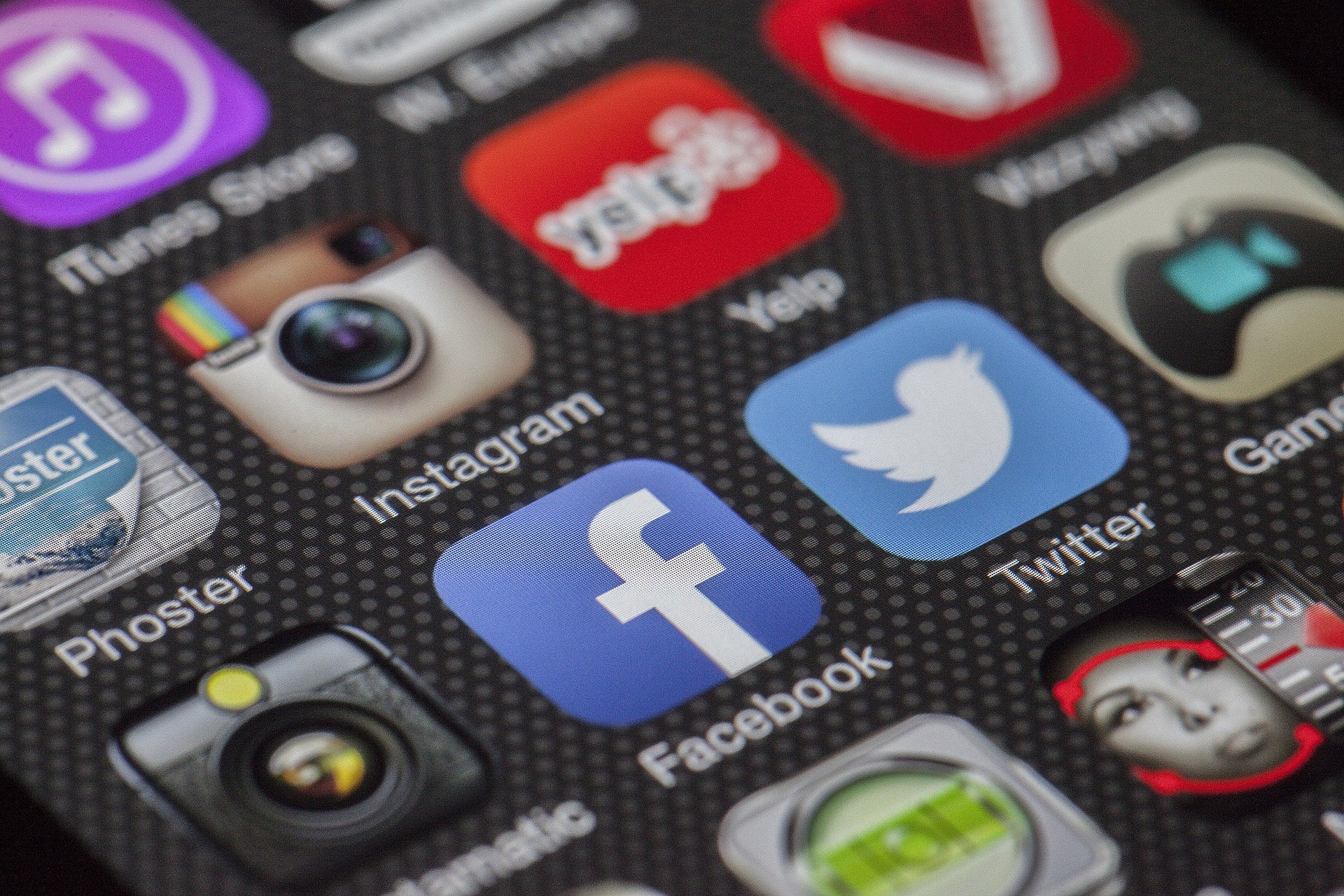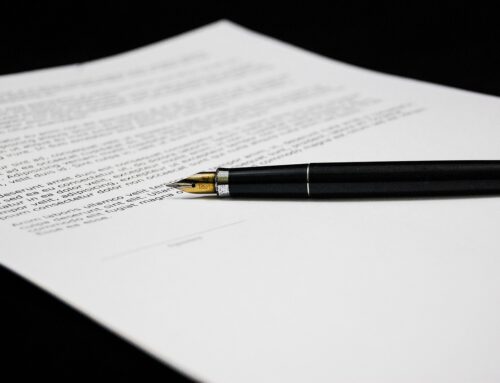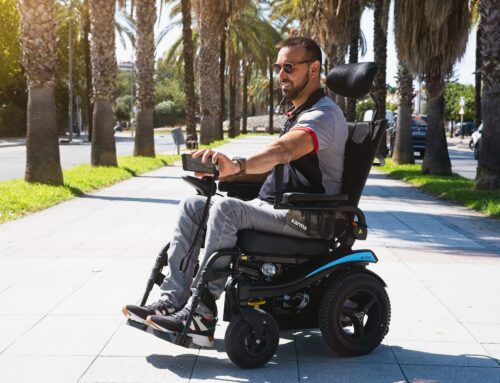Social media has integrated into every part of our life, and it is difficult to even consider going a day or two without logging in – and checking in. Platforms such as Facebook, Twitter, and Instagram keep us connected with family and friends and allows us to share our personality, passions, and thoughts. For most people, posting quick updates about every part of the day is a matter of course. But when it comes to successful personal injury cases, your online presence is fair game to be used against you in ways that you may never even consider.
If you are seeking compensation from the insurance company (or a third party) via a personal injury claim, you can be assured that your adversary is poring over your accounts for proof that your claims of physical or emotional damage are overstated or downright false.
In other words, posting a photo of your accident and stating, “Don’t worry, I’m ok!” may be enough to significantly reduce your ultimate payout.
Therefore, social media posts should be significantly limited – if not eliminated entirely – as you await the results of your personal injury case.
Social Media Posts Can Hurt Your Case
We should start by recommending that you shut down your social media presence entirely while seeking personal injury reimbursement. The fact is that even though you may be deliberate and cautious about what you post, a family member or friend may hurt your case by accident. Even a casual comment, such as “It was great to see you out at the party last night!” can give the insurance company the ammunition they need to refute your claim of pain and suffering. By shutting down all your accounts, no one else can post about you and tag your name, identifying your actions after the accident.
Should you decide to remain online during your claim, follow these guidelines to protect yourself and the integrity of your claim.
- Never post photos of the accident, including the damage to your car or smiling photos from the hospital.
- Never post photos of prescribed medications, physician’s offices, or the emergency vehicles used to transport you.
- Never discuss the details of your claim or case, and never publicly identify the parties involved in the lawsuit.
- Never post health or injury updates, even responding “I am feeling better.” should your friends inquire. Don’t discuss how you feel, how your treatment is progressing, or when you expect to return to work, school, or sports.
- Contact family and friends and remind them never to post any recent photos of you or to tag you in any of their social media posts. Also, ask them not to answer publicly if others ask how you are doing.
- Change the settings of your account to private. Be suspicious of any new friend or follow requests – ignore all of these during this time. Any new “friend” could be opposing counsel looking for insider insight.
- Unfriend anyone who may have something against you. Keep only the most trusted friends, family, and associates.
- Turn off location services and photo tagging options. (even if you are not in the photo.) Even if you are not in the photo at the beach with your friends, the location tagged on the photo can be used to prove you were there.
As stated, it may be easier (and safer) to refrain from social media posts during this time. Even deleting a photo or status does not protect you completely, as there are ways to gain access to deleted material.
If you have been injured due to someone else’s negligence and you feel you may have a claim, call the Tampa or Sarasota personal injury attorneys at Probinsky & Cole.








